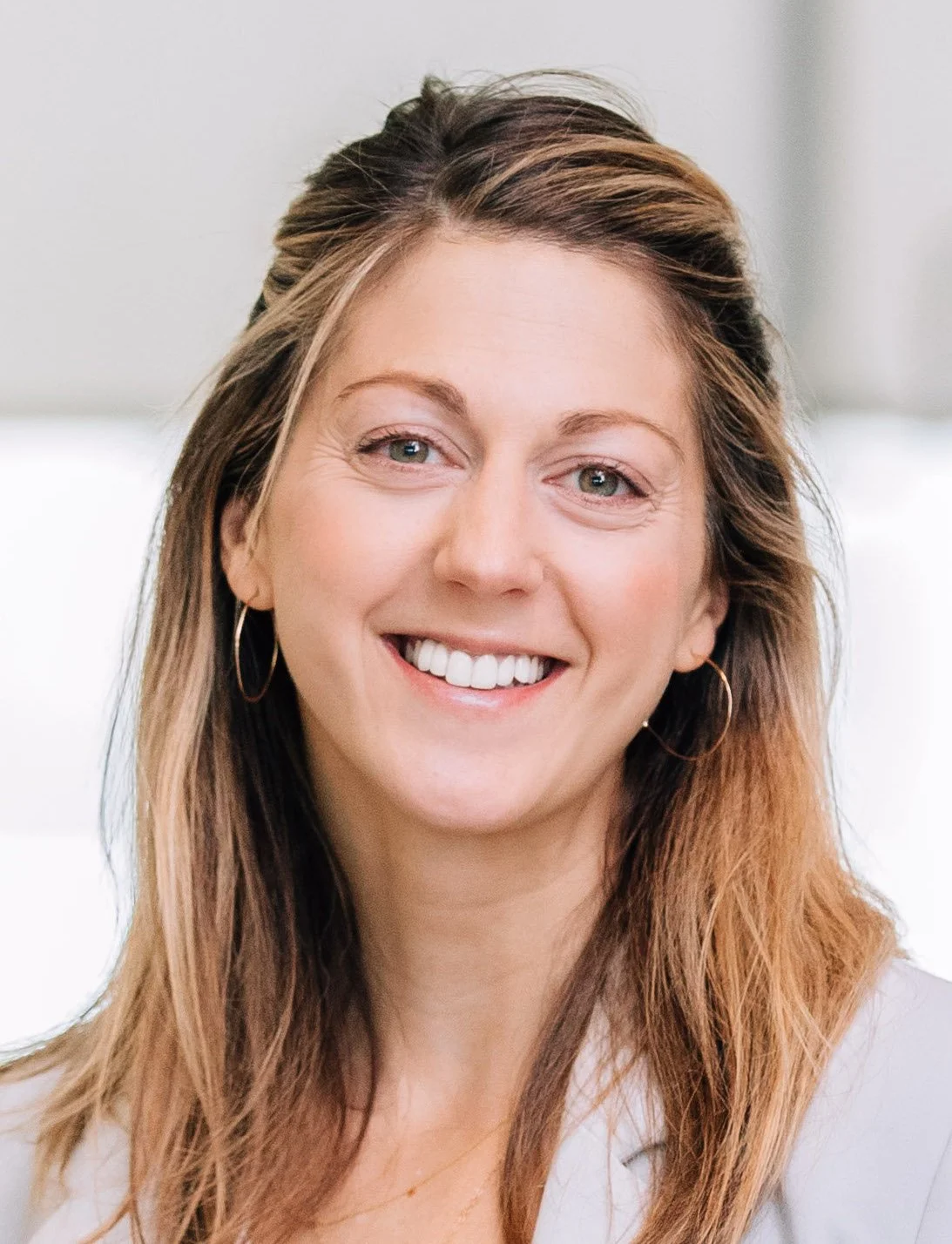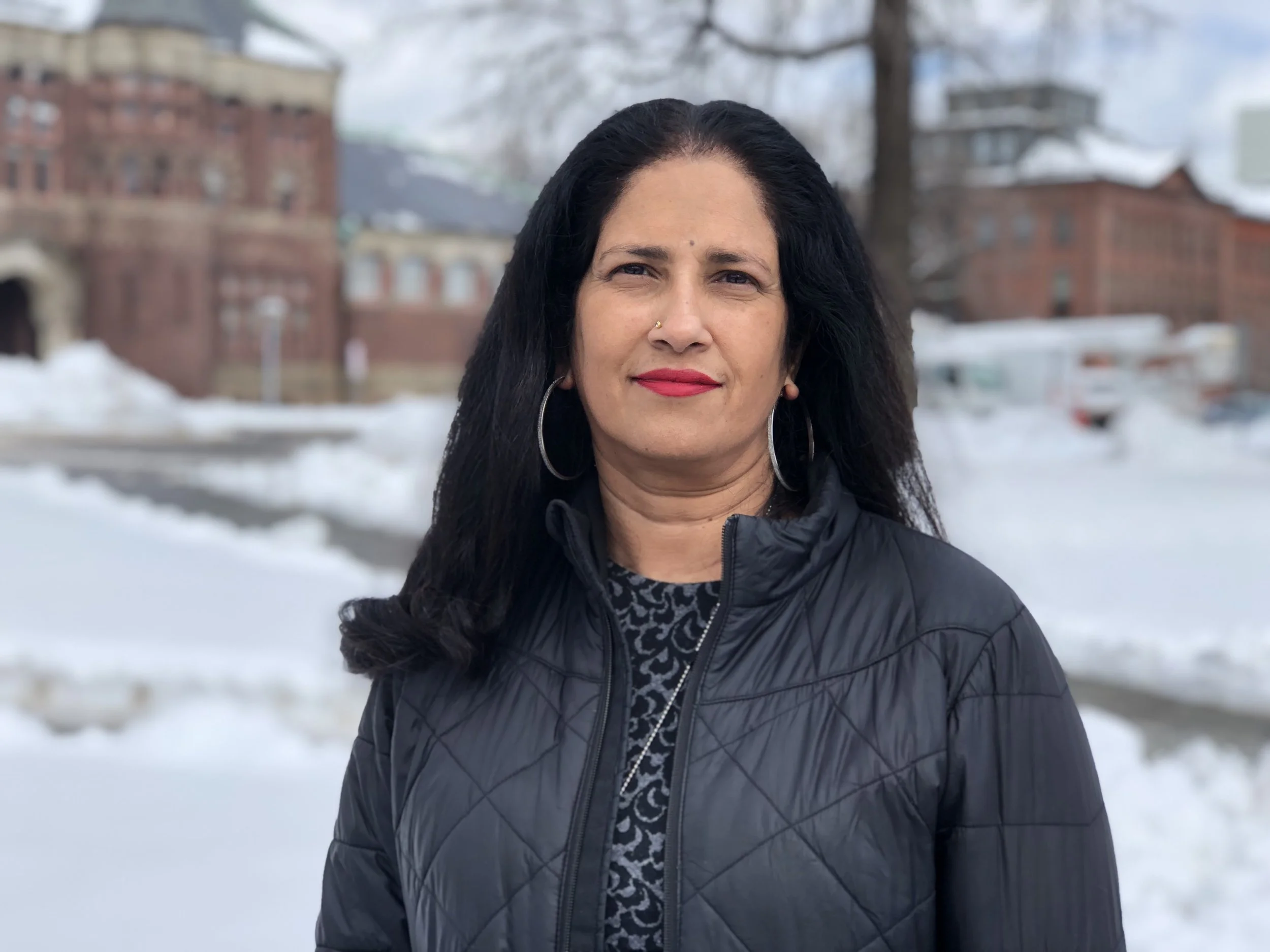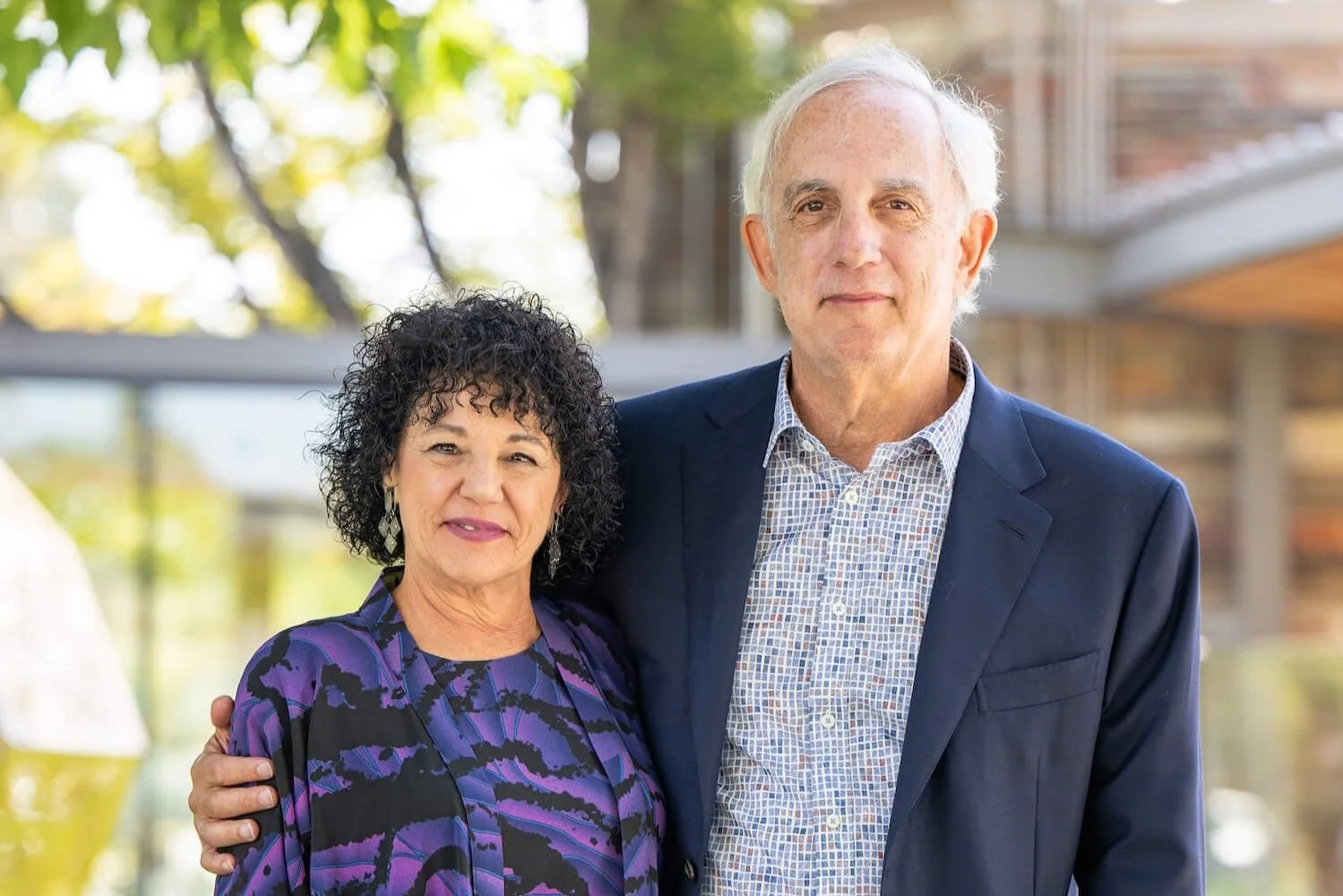In His Expanding Giving to Help Veterans, a Big Tech Donor Keeps His Eyes Trained on the Grassroots
/Africa Studio/shutterstock
Another day, another gift from Craigslist founder Craig Newmark, who in recent years has tapped a net worth of $1.3 billion to make a long string of sizable donations and emerge as one of America’s biggest philanthropists.
Not long ago, I wrote about his $5 million gift to New York City’s Civic Hall, a home for civic tech entrepreneurs. Now comes news of a $4.85 million gift from Craig Newmark Philanthropies to the Bob Woodruff Foundation (BWF) and the National Veterans Intermediary (NVI) to develop the Local Partner Self-Assessment Tool (LPSAT). The new tool will assess the capacity of communities to address the needs of veterans returning to civilian life.
An Explosion of Giving
Before I dig into the gift a little more, let me first pull back the lens and talk about Newmark’s overall giving. While a foundation spokesperson would not disclose how much Craig Newmark Philanthropies has contributed this year, they did say that in 2018, Craig Newmark contributed $143.8 million to his grant making entities — the Craig Newmark Foundation and the Craig Newmark Philanthropic Fund.
The sudden rise of Newmark’s foundation is yet another reminder of how quickly the pecking order of modern philanthropy has been changing in recent years, and how differently many of the newer foundations piloted by living donors operate. For one thing, Craig Newmark Philanthropies doesn’t have anything close to the overhead of a place like Carnegie, which spent $27.4 million on administrative expenses and taxes in 2017.
In a recent conversation with Newmark, though, he still seemed to eschew the label of “big giver.” While he’s seen more people get in touch with his foundation, he says most understand that he’s still focused only on a handful of areas, adding, “I’m actually a relatively minor funder compared to some of the groups that I work with. I try to punch fairly high above my weight.” For the next several years, he says that he’ll likely remain focused on his bread-and-butter issues—trustworthy journalism, voter protection, women in technology, and veterans and military families. He does have a penchant for birds, though, and supports pigeon rescue.
“I do love birds, and I do have a sense of humor. There’s something about a sense of humor that keeps you in touch with what’s real,” Newmark said with a laugh.
Meanwhile, the foundation has stayed lean. In addition to Jason Yurasek, who serves as the foundation’s general counsel and director, Craig gets advice from a network of advisors. Newmark also says he plans on giving while living, with his eyes trained on the grassroots work: “I think part of the reason we’ve been able to be successful is that I realize that the people I help and myself need to stay at the grassroots level.”
Zeroing in on Veterans’ Needs
Consider his latest gift in the veterans space, which fits within this theme. The new LPSAT tool is precisely focused on better understanding what’s happening on the ground in communities, and in the lives of veterans and their families. Rather than relying on anecdotes, Newmark says that veterans advocates need to act on evidence and what’s real on the ground in the moment.
"Veterans don't return home to federal agencies or nonprofits; they return home to communities," said NVI President Nancy Berglass.
She, along with BWF CEO Anne Marie Dougherty, recently walked me through the tool. Berglass explains that NVI has identified some 100 communities across 42 states that are working together as collaboratives to support veterans and their communities. NVI is sending out a web-based service that asks a variety of questions including services veterans seek, and composition of their membership. Rather than operating in silos, Berglass says that LPSAT can assess the extent to which resources and needs align at the community level in the lives of veterans.
What’s more, this community-level vantage is groundbreaking for this space. They explained that philanthropy often focuses on direct services for veterans. To be sure, this is important. But they believe that grantmakers should also invest in collaborations at the community level as urgently as they fund direct services.
“LPSAT offers a community-level lens about how work is being done and where more work needs to happen. From there, we can identify opportunities to broaden the network of stakeholders and resources,” Berglass adds.
It’s worth noting that the post-9/11 veterans community has been around for a generation, now.
Investing in Research, Too
A component of Newmark’s $4.85 million gift will also fund a fellow and national expert at BWF. The inaugural Craig Newmark Fellow is epidemiologist Rajeev Ramchand, who studies issues like mental health, substance use, and suicide prevention among service members, veterans and their families.
Dougherty says this research will help them really assess trends and become better experts on issues like substance abuse, PTSD, and their comorbidity. “Sometimes, veterans won’t even identify as such, making it tough to connect them with resources and help them get care,” she adds.
Fellowships have been an important piece of Newmark’s giving, touching areas like cyber journalism and veterans’ civic leadership. And Berglass calls this ongoing support for social science “leading edge, if visionary.” She adds, “Veterans aside, this is a great model for philanthropy writ large, the idea that funders can support data integrity as part and parcel with data collection activities.”







































